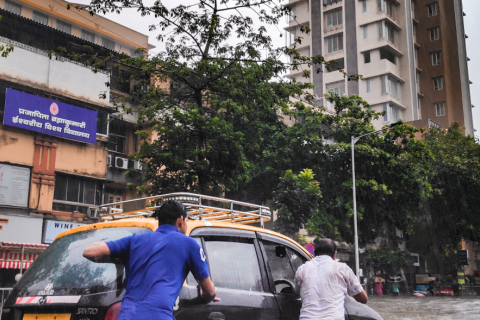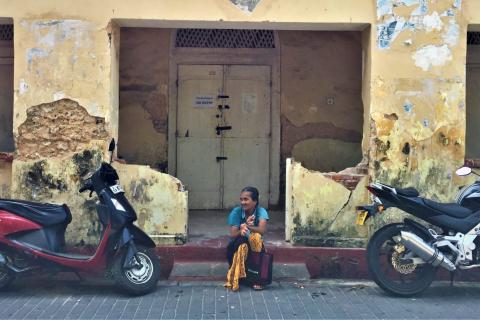UN DESA Policy Brief No. 139: Strengthening Disaster Risk Reduction and Resilience for Climate Action through Risk-informed Governance
Ensuring risk-informed governance for climate action requires citizen-centric approach through the whole-of-society and whole-of-government approaches including the leverage of government innovation and frontier technologies for DRR and resilience.
UN DESA Policy Brief No. 135: Cryptoassets and so-called “stablecoins”: Where do we go from here?
While they have been touted for their potential to increase the efficiency of financial transactions and to support financial inclusion, their high volatility and largely unregulated and quasi-anonymous nature has raised concerns over investor protection and financial integrity, and increasingly also financial stability and international spillovers.
UN DESA Policy Brief No. 134: The Great Finance Divide
Developing countries will need reliable access to affordable financing, and also need to manage and use these resources well to translate financing into SDG progress, enhanced productivity and fiscal capacity to service debt.
UN DESA Policy Brief No. 131: Credit rating agencies and sovereign debt: Four proposals to support achievement of the SDGs
Credit ratings play an important role providing information on sovereign borrowers. But financial markets, including credit ratings, often over-emphasize short-term economic concerns, and underweight longer-term issues, including environmental and social risks as well as investment in resilience and sustainability.
UN DESA Policy Brief No. 125: Improving compatibility of approaches to identify, verify and align investments to sustainability goals
Regulators and other market participants have introduced a variety of mandatory and voluntary approaches to help investors align investments with sustainability goals.
UN DESA Policy Brief No. 124: Integrated National Financing Frameworks – moving towards financing policy integration
INFFs have an important role to play both in the immediate response to the current crisis and in rebuilding better. Integrated financing strategies can serve as a starting point for locally driven reform processes, providing a foundation for action.
 Welcome to the United Nations
Welcome to the United Nations





